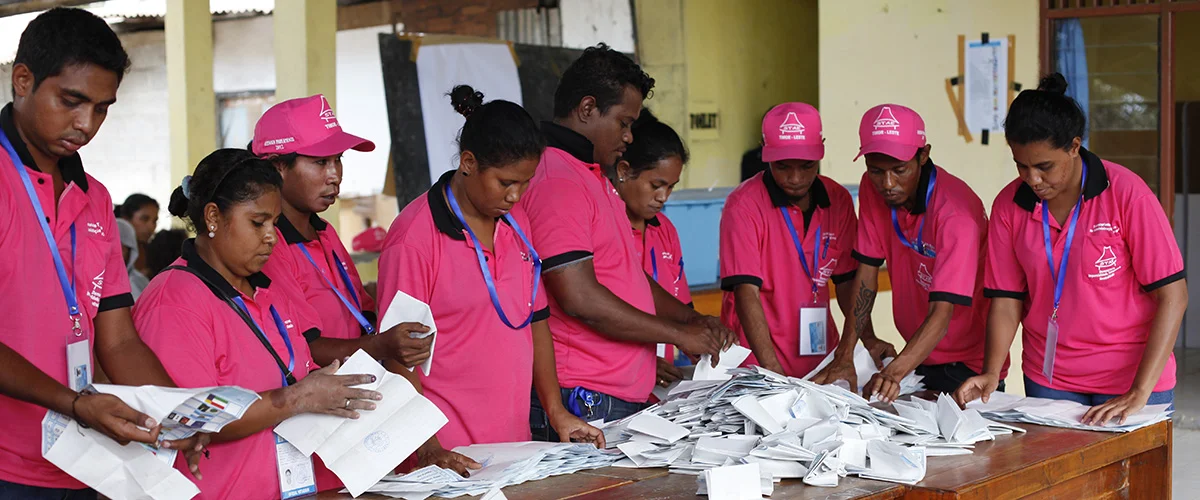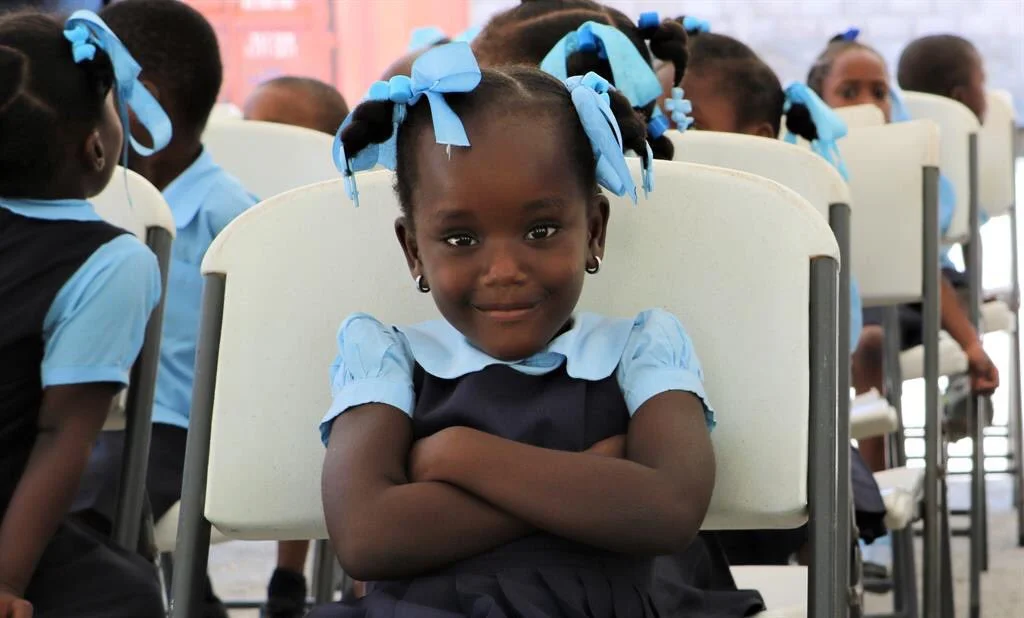A great deal has happened on the international scene and in countries around the world since the UN first observed the International Day of Democracy on 15 September 2008. While people everywhere continue to aspire to democracy as a fundamental value of political and economic life, supported by representative, transparent and accountable institutions, the actual practice of democracy – in government and in society at large – is a cause of frustration and even resentment.
Young People and Democracy | The Youth Cafe
Women and Democracy | The Youth Cafe
Democracy requires that citizens’ interests be heard, deliberated and legislated on. Women are half of the world’s population, and as such their voice should be heard in the democratic process. Democracy needs women in order to be truly democratic, and women need democracy if they are to change the systems and laws that preclude them, and preclude them, and preclude societies as a whole, from attaining equality.
Democracy and Civil Society | The Youth Cafe
Globally, the role of civil society has never been more important than this year, 2015, as the world prepares to implement a new development agenda, agreed by all the world’s Governments. However, for civil society activists and organizations in a range of countries covering every continent, space is shrinking — or even closing. Governments have adopted restrictions that limit the ability of NGOs to work or to receive funding.
Democracy and Elections | The Youth Cafe
The spread of democracy around the world is one of the most significant achievements of our times. Elections sit at the heart of this, making possible the act of self-determination envisaged in the Charter of the United Nations. The Organization’s history is interwoven with elections extending back to shortly after its founding, when, in the late 1940s, it observed elections on the Korean Peninsula. During the subsequent era of trusteeship and decolonization, it supervised and observed plebiscites, referenda and elections worldwide. Today, the United Nations continues to be a trusted impartial actor providing electoral assistance to approximately 60 countries each year, either at the request of Member States or based on a Security Council or General Assembly mandate.
Democracy and Human Rights | The Youth Cafe88
The values of freedom, respect for human rights and the principle of holding periodic and genuine elections by universal suffrage are essential elements of democracy. In turn, democracy provides the natural environment for the protection and effective realization of human rights. These values are embodied in the Universal Declaration of Human Rights and further developed in the International Covenant on Civil and Political Rights which enshrines a host of political rights and civil liberties underpinning meaningful democracies.
Democracy and the United Nations | The Youth Cafe
Overview of Democracy | The Youth Cafe
Democracy is a universally recognized ideal and is one of the core values and principles of the United Nations. It provides an environment for the protection and effective realization of human rights. These values are embodied in the Universal Declaration of Human Rights and further developed in the International Covenant on Civil and Political Rights, which enshrines a host of political rights and civil liberties underpinning meaningful democracies.








